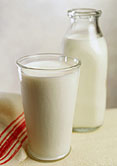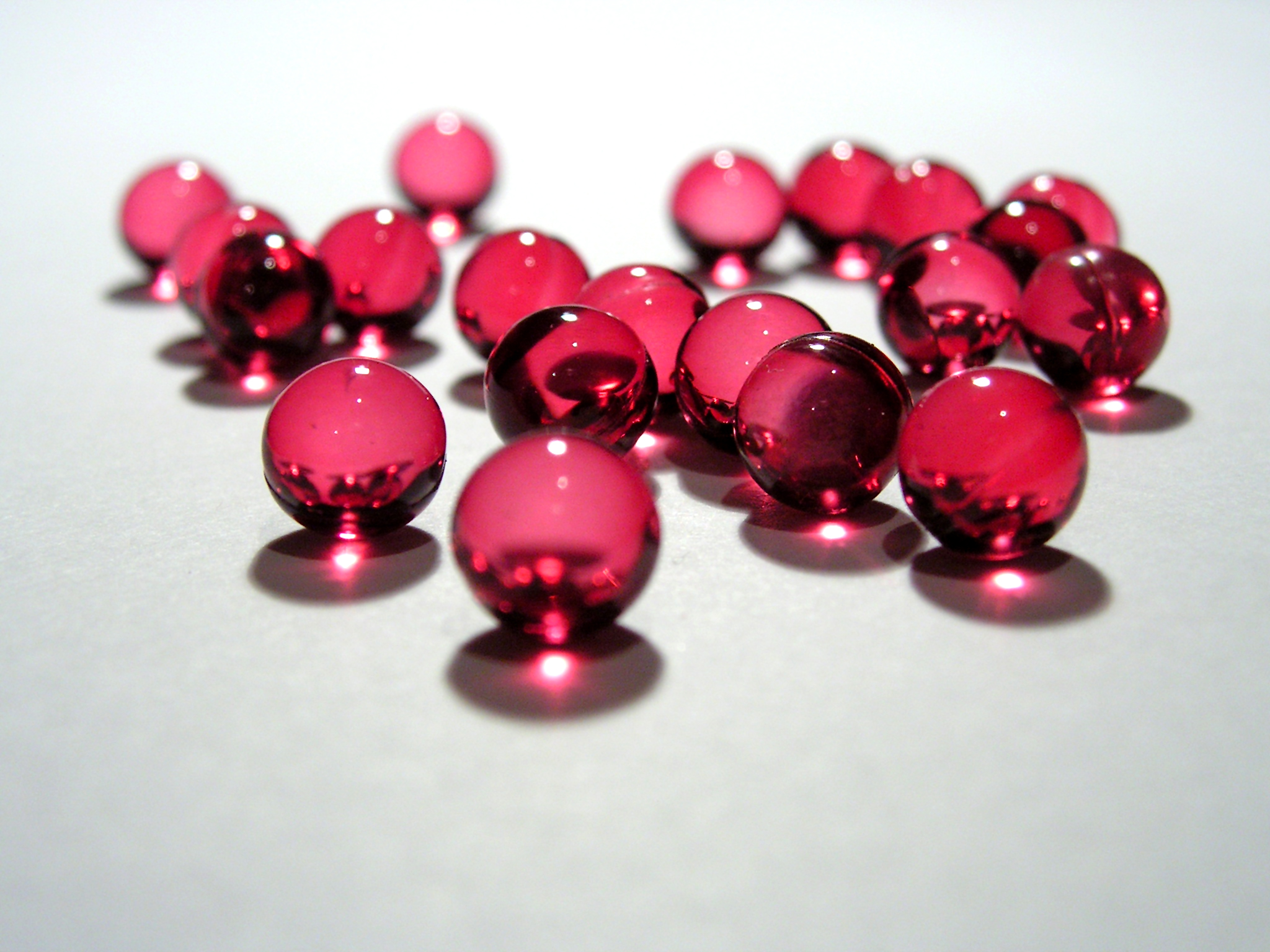
WEDNESDAY, Oct. 29, 2014 (HealthDay News) — Drinking lots of milk could be bad for your health, a new study reports.
Previous research has shown that the calcium in milk can help strengthen bones and prevent osteoporosis. These benefits to bone health have led U.S. health officials to recommend milk as part of a healthy diet.
But this new study found that drinking large amounts of milk did not protect men or women from bone fractures, and was linked to an overall higher risk of death during the study period.
However, the researchers said the results should be viewed with caution.
Women who drank three glasses of milk or more every day had a nearly doubled risk of death and cardiovascular disease, and a 44 percent increased risk of cancer compared to women who drank less than one glass per day, the researchers found.
Men’s overall risk of death increased about 10 percent when they drank three or more glasses of milk daily, said the study, published online Oct. 28 in BMJ.
“The study findings have, for myself, been strong enough to cut down on my milk consumption,” said lead author Karl Michaelsson, a professor in the department of surgical sciences at Uppsala University in Sweden.
Still, the findings only suggest an association and not a direct link, said Mary Schooling, a professor at the City University of New York School of Public Health, who wrote an editorial accompanying the study.
People should not change their diet based on these findings, Schooling said.
“We can’t draw conclusions at this point,” she said. “We need a study involving people who genetically can and can’t digest milk easily, and compare whether those who can digest milk have a difference in cardiovascular disease, death and fractures from those who can’t.”
The study involved more than 61,000 women and 45,000 men in Sweden who previously filled out dietary questionnaires for other research projects, the women in the late 1980s and the men in 1997. All were over 39 years of age.
Researchers compared their reported milk-drinking habits to health data kept by Swedish officials, to see whether milk consumption could be linked to risk of death or health problems.
The investigators found that a large amount of milk in a daily diet did appear to be linked to an increased risk of death in both men and women during the study period.
In addition, excessive milk drinking appeared to actually increase a woman’s risk of broken bones, compared with women who drank little milk.
The risk of any bone fracture increased 16 percent in women who drank three or more glasses daily, and the risk of a broken hip increased 60 percent, the findings indicated.
Lots of milk did not appear to either protect against or promote broken bones in men.
Michaelsson and his colleagues said the increased risk of death they observed could be explained by the high levels of sugars contained in milk, specifically lactose and galactose.
Galactose has been shown to prematurely age mice in the laboratory, Michaelsson said, noting that the milk sugar promotes inflammation.
By contrast, a high intake of fermented milk products with low lactose content — such as yogurt and cheese — was associated with reduced rates of death and fracture, particularly in women, the researchers reported.
While interesting, these findings are too preliminary to warrant a change in nutritional guidelines, said Isabel Maples, a registered dietitian in Haymarket, Va., and spokesperson for the Academy of Nutrition and Dietetics.
About 55 percent of older adults — 44 million Americans — either have osteoporosis or are at high risk for brittle bones, Maples said. She added that the U.S. Dietary Guidelines recommend three servings of dairy per day, not just for bone health, but also to reduce the risk of heart disease, type 2 diabetes and high blood pressure.
“They don’t base the guidelines on fads. They don’t base it on trends. They don’t base it on what has been the traditional advice. They look at the scientific evidence,” she said.
Efforts by HealthDay to reach the National Dairy Council for comment on the study were unsuccessful.
More information
For more on dairy consumption, visit the U.S. Department of Agriculture.
Copyright © 2026 HealthDay. All rights reserved.

